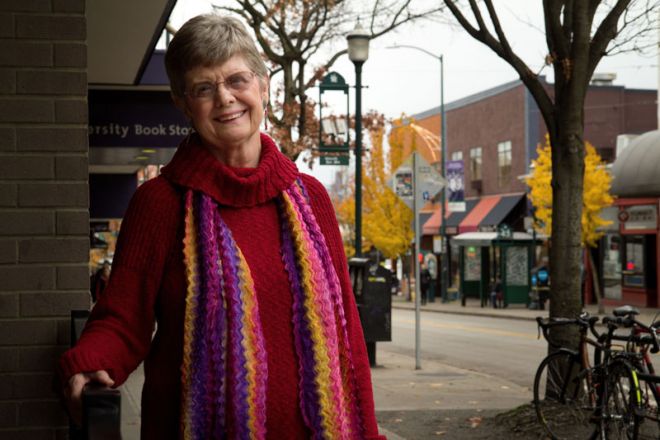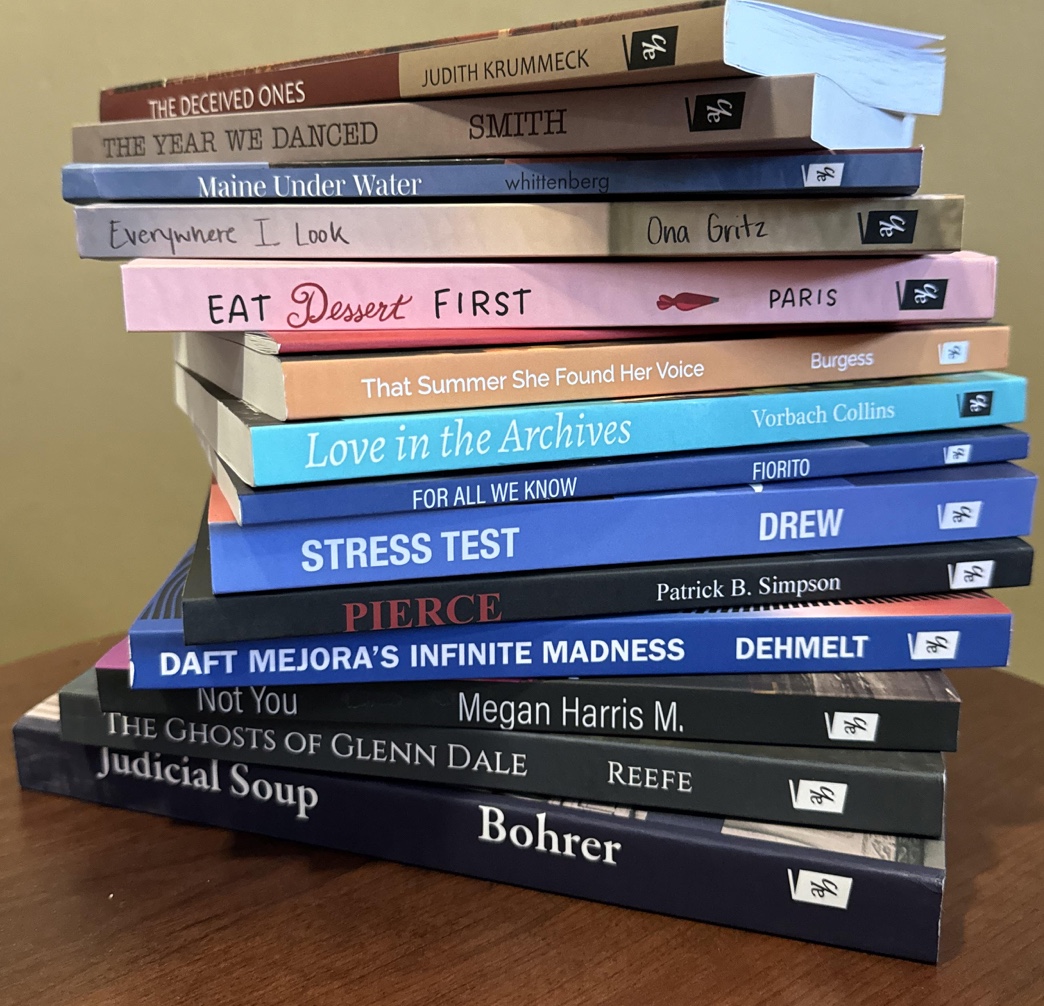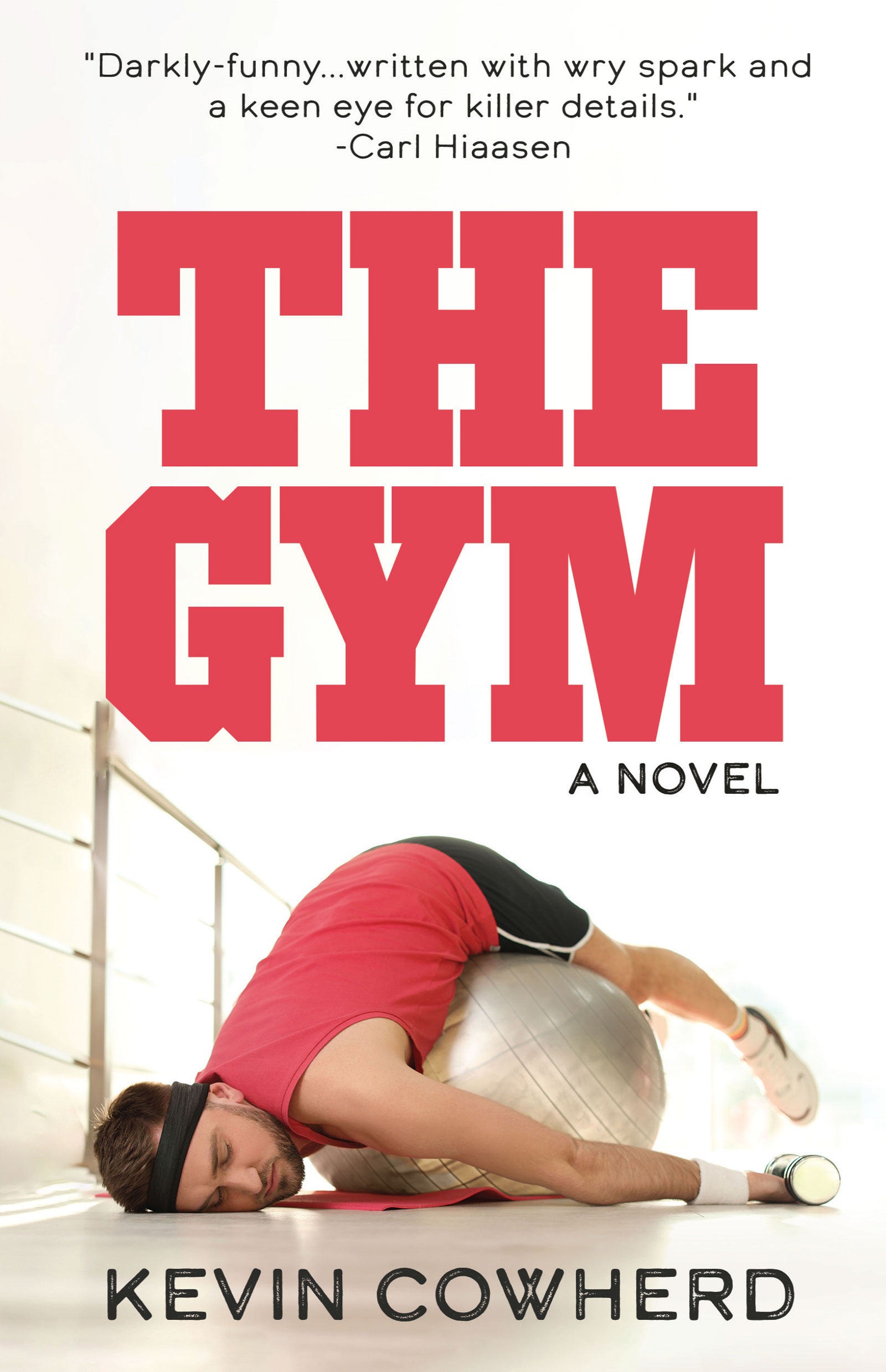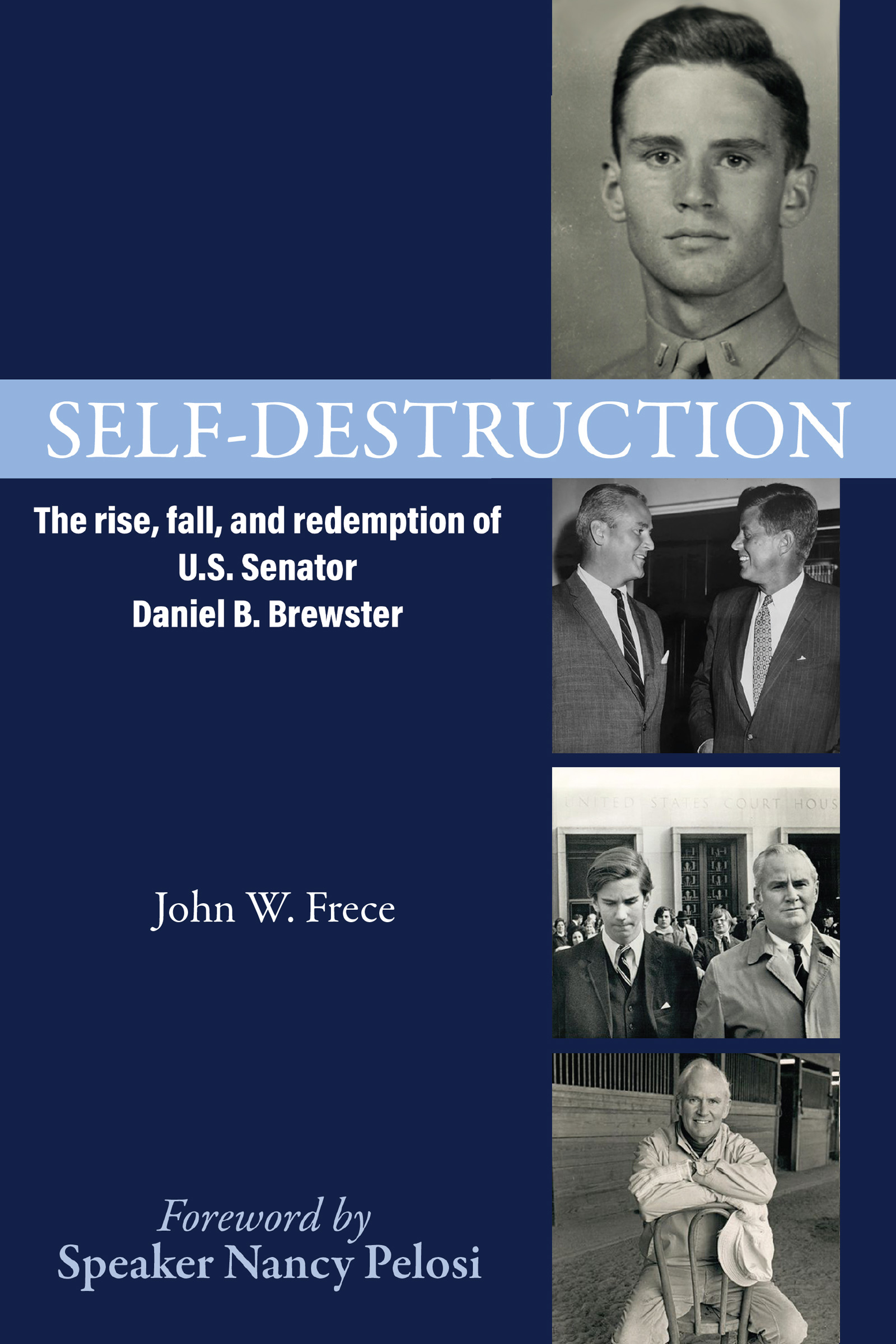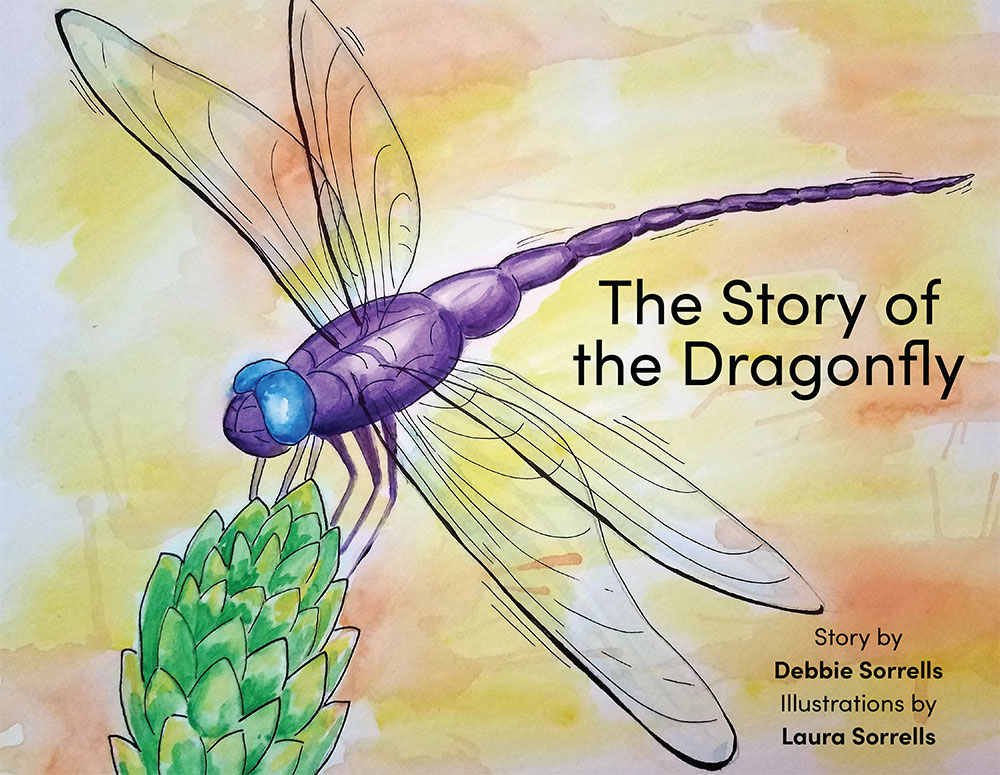Novelist Dorothy Van Soest, professor emerita and retired dean at the University of Washington, holds a B.A. in English Literature and a master’s and Ph.D. in Social Work. Death, Unchartered, the second in her Sylvia Jensen mystery series, is grounded in her career as an educator that spanned the teaching of high school English, elementary and preschool, undergraduate and graduate courses at the university levels.
Q: After a career of writing several nonfiction books and over fifty professional articles, why write fiction now?
A: Writing fiction is one more tool in my social change toolkit. I believe stories are a powerful way to bring about change by capturing our emotions while at the same time telling us something that’s true. Writing novels is a way for me to own up to the complexities of our social problems and to accept, through the characters I create, the reality that even we the righteous are often implicated in some way in the very wrongs we decry.
Q: Why mysteries? What do you want your books to accomplish?
A: I want my mysteries to have gripping plots, of course, but they are more than whodunits. They speak to contexts, the connections between social issues in the past and how they continue to play out in the present. I hope to evoke in the reader a curiosity and confusion about our failures to create an equitable and just society and a desire to wade into that discomfort and confusion in order to find solutions. I want them to speak to the struggles we all face, but especially social workers, when we seek to create justice in an unjust world.
Q: What specific social issues do your books address?
A: All of my novels explore deep, intricate and universal issues of race, class, and power and expose the truth, either on purpose or accidentally, about the human condition and how we are all impacted by the complex world in which they live. The particular social issue in Just Mercy is the death penalty. In at the Center it’s Indian Child Welfare and racial identity development. In Death, Unchartered it’s our inequitable educational system and the impact of racism and corporate greed on reform efforts and the current charter schools vs. public schools’ conflict. In Nuclear Option it’s the injustices perpetrated against our atomic veterans and the increased danger of nuclearism in our current political environment. Some of my novels have been required reading in university courses related to criminal justice, child welfare and school social work.
Q: The sleuth in your mysteries is a social worker. How much of her character is actually you?
A: Your question goes to the heart of my approach to writing and character development. It’s true that Sylvia Jensen originated from my own experiences as a social worker and teacher, but she kept evolving and becoming her own person when I asked questions. Like, what if, instead of doing what I did as a child protective services worker, Sylvia does what I wished I had done or could have done or would never have considered doing? Like, what if I push the envelope and make her an outrageous, dysfunctional and unstoppable breaker of rules in the cause of justice? Before I knew it, Sylvia Jensen the social worker sleuth is solving the mystery of a child’s death in a foster home in At the Center and the death of a former student of hers in Death, Unchartered. And, in Nuclear Option, her desire to rid the world of nuclear weapons takes a frightening and deadly turn when she crosses paths with a man named Corey who is the son of the atomic veteran with whom she fell in love in the 1980s. So, while I start my novels with my own experiences, in the end they’re kaleidoscopes, shattered bits of my life rather than my real life, and yet Sylvia Jensen’s feelings remain close to mine.
Q: What is the main message you hope readers take away from Nuclear Option?
A: On January 23, 2020, the Bulletin of the Atomic Scientists moved its Doomsday Clock to 100 seconds to midnight—which is closer to an apocalyptic end of civilization than ever before, whether it would be started by design, blunder, cyber-enabled misinformation, or simple miscommunication. My biggest hope is that Nuclear Option will contribute in some small way to waking us up from sleepwalking our way through the current nuclear landscape that has been made increasingly unstable by the steady dismantling of the arms control boundaries that helped prevent nuclear catastrophe for the last half century. There’s a trial scene in Nuclear Option in which atomic veteran Cramer acknowledges to the jury that, while it’s common knowledge that we wouldn’t survive a nuclear war, few people know that we aren’t surviving the preparations for nuclear war either. That’s what I want readers to come away with: an increased knowledge about the impact on the more than 400,000 atomic veterans like Norton who were used as guinea pigs in our country’s secret nuclear bomb testing program, the ongoing spread of deadly radiation across the globe, and the very real and increased threat of nuclear annihilation we face today. Just as in the same trial scene when Norton Cramer asks the jury to be the conscience of the community, my hope is that readers will use that information to take action and come away with a new or renewed commitment to resist the production of nuclear weapons.
Q: Was there a particular reason that drew you to focusing on nuclearism in this latest Sylvia Jenson novel?
A: I grew up during the Cold War when the fear of nuclear holocaust terrorized us regularly with the Duck and Cover drills in school. During the Cuban missile crisis, when I was in college in Chicago, I walked around campus for several days, looking up, waiting for the Big One to explode in the sky at any minute. That kind of fear led me to join the nuclear disarmament movement in the 1980s, which led me risk arrest and go on trial several times. It also defined me in ways that left me feeling marginalized and alienated, even more so now that the Cold War is behind us and we’ve stopped talking about nuclear war. It almost seems as though nuclear weapons are these fictional creations relegated to the past as cultural metaphors. But the truth is the danger of nuclear annihilation is greater now than it has ever been. If the world ends today, or tomorrow, it will be due to a nuclear war whether started by intention, or by accident, as nearly happened countless times during the second half of the 20th century. And instead of attempting to minimize that risk, our leaders both in Washington and abroad seem to be actively courting it. Feeling increasingly alone with my fear and increasingly alarmed about the imminent danger, I think it was inevitable for me to focus on nuclearism in my latest novel.
Q: How has your professional journey as an academic helped in the process of creating this world of Sylvia Jensen?
A: I’ve come to understand that how we see ourselves is most profoundly affected, even shaped, not by objective data and theoretical discourse but by the personal connections we make through the stories we’re exposed to and the stories we tell. So in my retirement, I’m taking some of the social issues I’ve grappled with over decades of teaching and academic writing and turning that knowledge into stories with characters that will evoke emotion and hopefully, reach a broader and more general audience.
Q: In what ways does Nuclear Option differ from previous Sylvia Jensen books? Has this continuation resulted in any new revelation or understanding of the distinct world and time you enter in these books?
A: First of all, my Sylvia Jensen mysteries are not written a series; in other words, the stories aren’t continued from book to book so they don’t need to be read in any particular order. That said, Nuclear Option does differ in a significant way. In the first two mysteries. the primary story about a child that has been killed is told within the context of a social issue. In At the Center, the social issue is a broken child welfare system and its damage to American Indian children. In Death, Unchartered, the social issue is corporate charter schools vs. public schools. In Nuclear Option, the social issue (Nuclear is) IS the story. All my mysteries, however, grew out of a personal experience that I had in the past that was particular significant in shaping who I am.
Q: What was the most challenging part of writing this latest novel?
A: The biggest challenge for me in writing all of my novels is to keep the focus on the characters, their emotions and actions, and not get preachy or didactic about the social issue.
Q: What’s Next?
A: I don’t think I have another Sylvia Jensen mystery in me. I’m playing around with ideas for my next novel related to themes about how things are not always as they seem, about how good intentions sometimes yield bad consequences, when doing good does harm. An exciting, albeit vague, phase of creativity.
